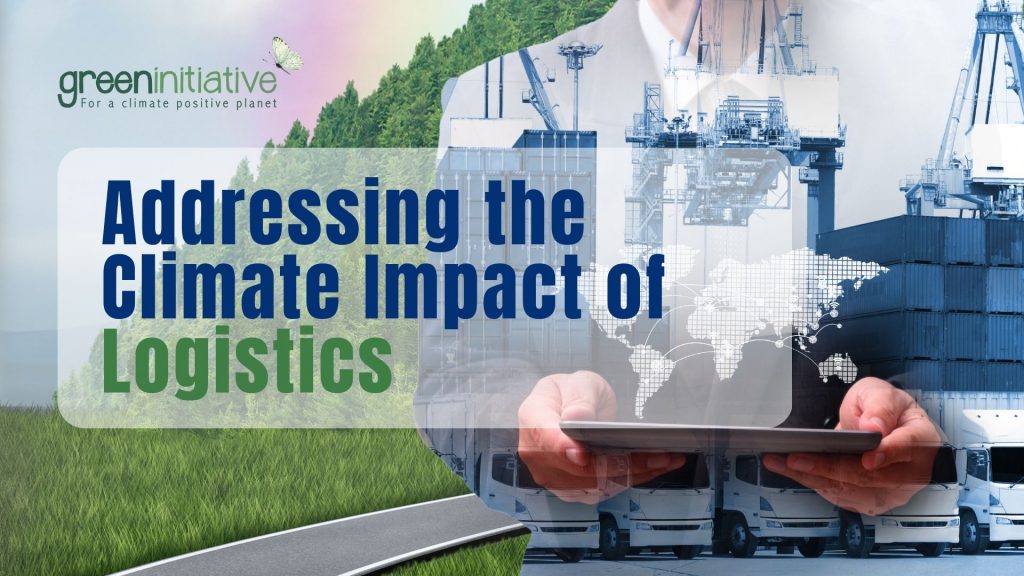The logistics industry is a vital component of the global economy, responsible for transporting goods and materials worldwide. However, it is also a significant contributor to greenhouse gas emissions and climate change. According to the International Energy Agency (IEA), the transportation sector accounted for 24% of global energy-related CO2 emissions in 2019. As a result, logistics companies are increasingly looking for ways to reduce their environmental impact and promote sustainability.
Going Green: Climate-Smart Services in Logistics for a Sustainable Future
Climate-smart services are transportation and logistics solutions designed to minimize environmental impact. These services can take many forms, including carbon-neutral shipping, electric or hybrid vehicles, and efficient routing and packaging.
Logistics companies can lower their operational costs and improve their bottom line by reducing energy consumption and greenhouse gas emissions. In addition, by promoting sustainable practices throughout the supply chain, logistics companies can help reduce the industry’s overall carbon footprint and contribute to global efforts to combat climate change.
Urgent Need for Logistics Companies to Prioritize Climate Action for Sustainable Supply Chains
Logistics companies must adopt climate action at the core of their business model to effectively provide climate-smart services. These include investing in fuel-efficient vehicles, optimizing routes, reducing packaging waste, and collaborating with suppliers and customers to promote sustainable practices throughout the supply chain.
Green Initiative: Empowering Logistics Companies to Achieve Climate Goals with Advisory and Certification Services
Green Initiative’s climate advisory and certification services can help logistics companies achieve these goals. For example, Green Initiative can conduct a carbon footprint assessment to identify areas for improvement, guide high-impact climate action, and offer carbon offsetting programs to help companies mitigate their carbon footprint.
Governments and international organizations also implement policies and regulations to promote climate-smart logistics. For example, the International Maritime Organization (IMO) has set targets to reduce carbon emissions from the shipping sector by at least 50% by 2050. The European Union is promoting low-emission vehicles and alternative fuels in transport through initiatives like the Green Deal and the Sustainable and Smart Mobility Strategy.
In summary, sustainable logistics is crucial to addressing climate change. Companies and organizations can help build more sustainable logistics systems that benefit both the environment and global trade by employing various strategies to reduce emissions, optimize supply chains, and leverage digital technologies.
By partnering with Green Initiative, logistics companies can take a proactive approach to climate action, reduce their environmental impact, and help address the urgent challenge of climate change.
Click here to contact us.

